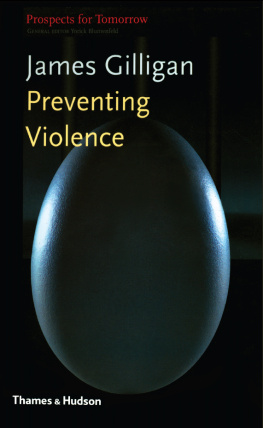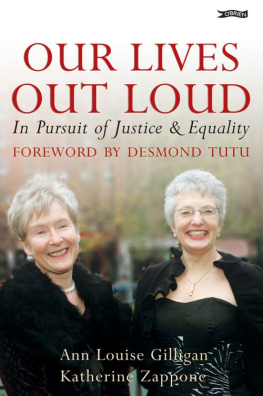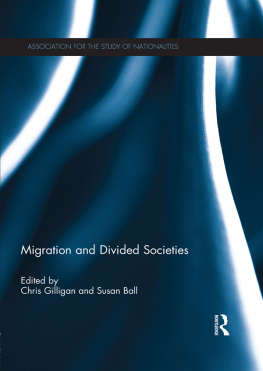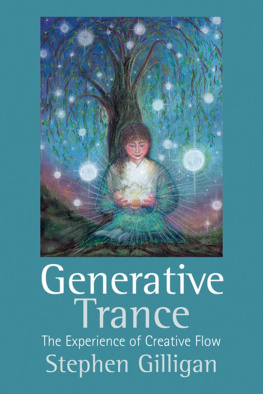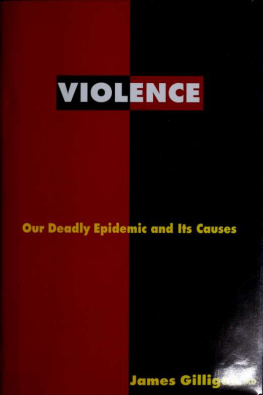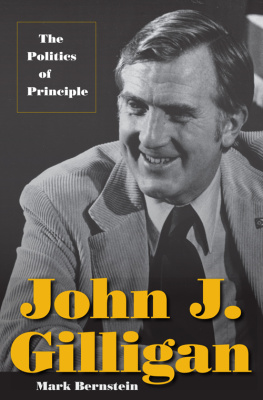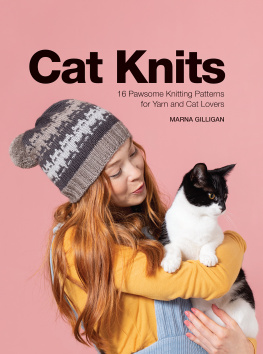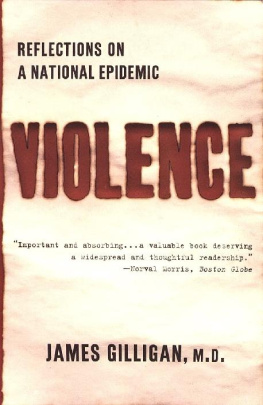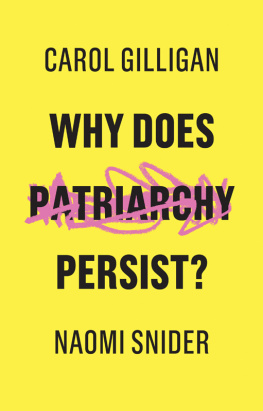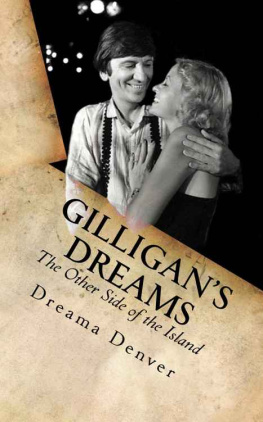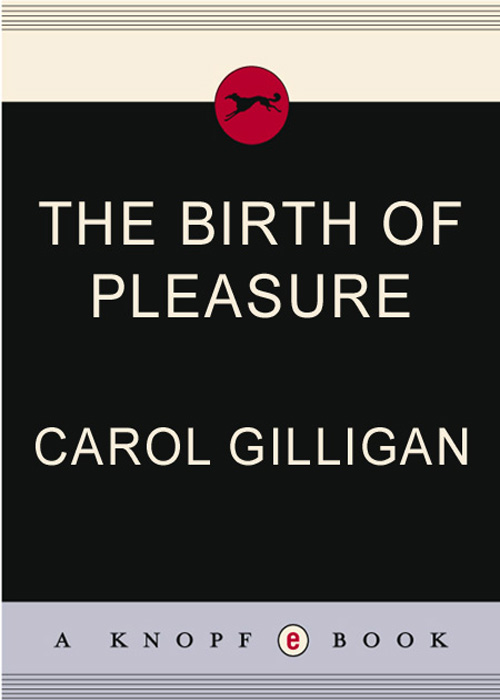
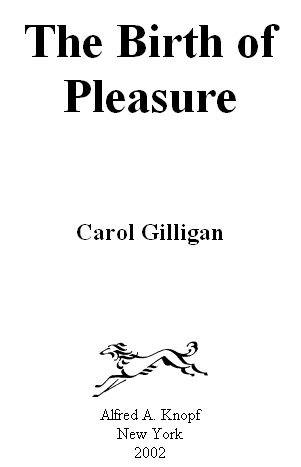
Contents
For Jim
The power of love upsets the order of things.
GENESIS RABBAH LV8
Acknowledgments
This book was conceived in love, and I am grateful to the many people who encouraged and inspired me. I would like to thank the couples who opened their lives to me, the girls who showed me a path, and the young boys and their parents who filled in a vital part of the map. Their voices were the grounding to which I repeatedly returned. My thanks to the students who became my colleagues in these projects; their perceptions and insights were a great gift. Thanks also to the writers whose books became so integral to my exploration.
Normi Noel was my souls companion on this journey; hers was the ear on which I relied. At the final stages of writing, I walked with Tina Packer every morning, and her insights into the larger themes of the book opened many doors for me. She too has drawn deeply from the well of Psyche and Cupid and tracked Shakespeares women in her play Women of Will. Kristin Linklaters illumination of the natural voice and the process of freeing it lit my way into the psyche; as coartistic directors of the theater troupe The Company of Women, we joined our work.
Mary Hamer was a writing pal and her bold work, an inspiration. Terry Real became a best friend; his invitation to join him in doing couples therapy was an invitation into understanding how deeply truth is entwined with love. David Richards also became a best friend, and teaching with him, a special pleasure. His work on the Abolitionist Feminists, his interpretation of the Constitution, and his analysis of the liberation movements of the twentieth century spurred me to think about the relationship between love and democracy. Jean Baker Miller opened my life to new ways of seeing and has stood as a beacon for me.
Several people encouraged this project at crucial junctures: Kate Medina above all. I am grateful to Rachel Kadish for her novelists eye and to the other members of my writers workshop in CambridgeKathleen Cleaver, Laura Harrington, and Florence Ladd. Thanks to Helaine and Yorick Blumenfeld, Peggy Davis, Tova and Moshe Halbertal, Marsha Levy-Warren, Lisby Mayer, Wendy Puriefoy, and Joel Revzen for their insights and wisdom; to Denise DeCosta for alerting me to Anne Franks editing of her diary; to Simon Goldhill, Mary Beard, and Froma Zeitlin for discussing Apuleius with me; to Bessel van der Kolk for conversations about trauma; to Jonathan Gilligan for conversations about action at a distance; and to Ruby Blondell, Emily Hass, Wendy Kesselman, Nanci Kincaid, and Dennis Krausnick.
Elizabeth Debold, Diana de Vegh, Dana Jack, Donald Levy, Deborah Luepnitz, Cindy Ness, Christina Robb, and Daniella Varon generously read and commented on early drafts. I benefited from the opportunity to present parts of this work and from the discussions that followed at Princeton University, the University of Cambridge in England, the Cambridge Hospital/Stone Center conferences on learning from women, the Austen Riggs Center, Robert Jay Liftons Wellfleet Seminar, the symposium commemorating the Institute of Pennsylvania Hospital, the Northwestern Family Therapy Institute, the Womens Therapy Center, Facing History and Ourselves, the Ms. Foundation board retreat, the Roger Williams Law School in Rhode Island, and the Examiners Club in Boston. I also benefited from the thoughtful responses of members of my seminar at the NYU law school.
For encouraging and supporting the research on girls development and the women teaching girls/girls teaching women projects, I am grateful to the Boston Foundation, the Cleveland Foundation, the Geraldine Rockefeller Dodge Foundation, the Gund Foundation, the Lily Endowment, and the Spencer Foundation. Emily Fisher and Elizabeth Hobbs, together with Nancy Aronson and an anonymous donor initiated and endowed Harvards first chair in Gender Studies at the Graduate School of Education. My thanks to Patricia Albjerg Graham, Jerry Murphy, and my colleagues at Harvard for making this happen; the research endowment given to the Chair by the Spencer Foundation supported the research with boys. An anonymous donor funded the study of marriages in crisis, and the Cambridge Family Institute and the Gender Studies program at Harvard supported the project with couples in therapy. To Jane Fonda, my thanks for her vision and generosity, for taking the map of this book and working to make its vision a reality.
A special thanks to Virgina Kahn, to the principals and teachers who welcomed and joined my research, to Jane Rabb and the late Frances West, and to Judy Chu, Miriam Raider-Roth, Ilina Singh, and Renee Spencergraduate students at Harvardand Carol Kaplan and Eliza Patten at New York University School of Law for work that inspired me. I am grateful to my colleagues at NYU for their friendship; special thanks to John Sexton for asking me what I needed and providing it.
In the course of writing, I relied on Nancy Costerisan, Gloria Rieger, Marion Rutledge, and Sarah Thorne to remind me of the beauty of houses and gardens and the wisdom of the body. My heartfelt thanks to Willie Mae Jackson for keeping the spirit of my parents alive along with her own, to my cousin Bette Caminez Kroening, to Alexia Panayiotou and her parents for offering their beach house in Cyprus as a writing retreat, to David Hartman and the Shalom Hartman Institute in Jerusalem, and to my stellar research assistant, Tatiana Bertsch.
Thanks to John Brockman for his steadying presence and to Sonny Mehta for being a friend to this writer. Most of all, I have relied on the talents of Victoria Wilson, who brought her discerning eye to this work and urged me to walk into those places where I hesitated to go.
My family has inspired me to write about pleasure. I thank my sons, Jon, Tim, and Chris Gilligan, for all the pleasures they have brought me and for bringing Vicki Greene, Heather Gornik, and Golbarg Niknejad into my life. Nora Gilligan, my granddaughter, embodies joy. Jacob Gilligan's birth gives new meaning to pleasure. To Jim, my thanks for encouraging me always to realize my dreams; he is my deepest friend, my love.
I
A Radical Geography of Love
Let it be
Like wild flowers,
Suddenly, an imperative of the field...
YEHUDA AMICHAI
For years, without knowing why, I have been drawn to maps of the desert, drawn by descriptions of the winds and the wadidry watercourses that suddenly fill with rain. I began following an ancient story about love told in North Africa in the second century, written in the coastal city of Carthage, carried into Europe as the winds carry the desert sand, falling like rain into a tradition whose origins lie in the birth of tragedy, coursing through the centuries like an underground stream. Set in the landscape of tragedy, this story leads to the birth of pleasure.
Maybe love is like rain. Sometimes gentle, sometimes torrential, flooding, eroding, quiet, steady, filling the earth, collecting in hidden springs. When it rains, when we love, new life grows. So that to say, as Moses coming down from Sinai said, that there are two roads, one leading to life and one to death, and therefore choose life, is to say in effect: choose love. But what is the way?
I picked up the ancient road map of love at a time when relationships between women and men were changing. The waves of liberation that swept through American society in the second half of the twentieth century, freeing love from many constraints, set in motion a process of transformation. In a historic convergence, the civil rights movement, which galvanized a moral consensus against enslavement, was followed by the anti-war movement and the womens movement, initiating a conversation about freedom that included freedom from long-standing ideals of manhood and womanhood. For a man to be a man, did he have to be a soldier, or at least prepare himself for war? For a woman to be a woman, did she have to be a mother, or at least prepare herself to raise children? Soldiers and mothers were the sacrificial couple, honored by statues in the park, lauded for their willingness to give their lives to others. The gay liberation movement drew peoples attention to mens love for men and womens for women and also mens love for women who were not the objects of their sexual desire and womens love for men who were not their economic protectors. In the 1990s, for the first time since suffrage, womens votes elected the president, more women were gaining an economic foothold, and wealth began shifting into the hands of young men who bypassed the usual channels of advancement. The tension between democracy and patriarchy was out in the open.
Next page

